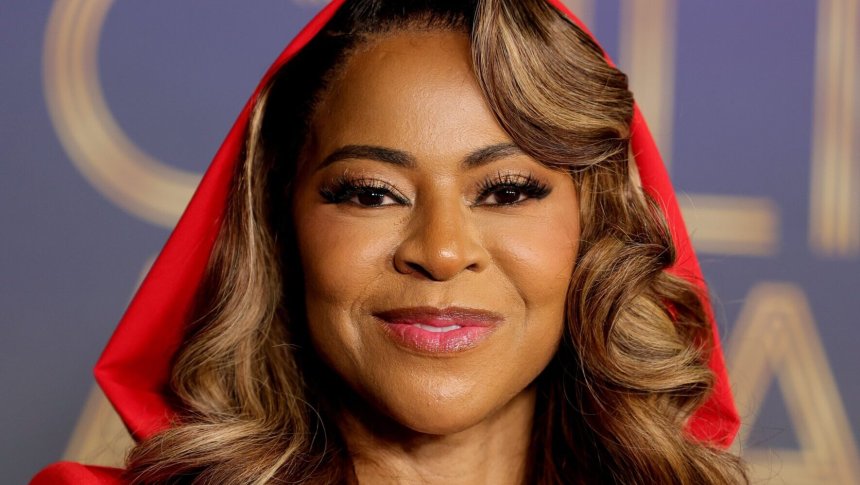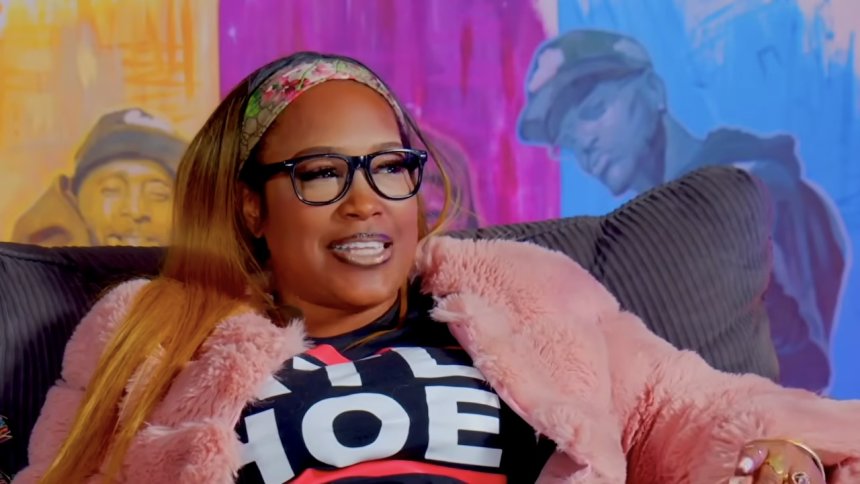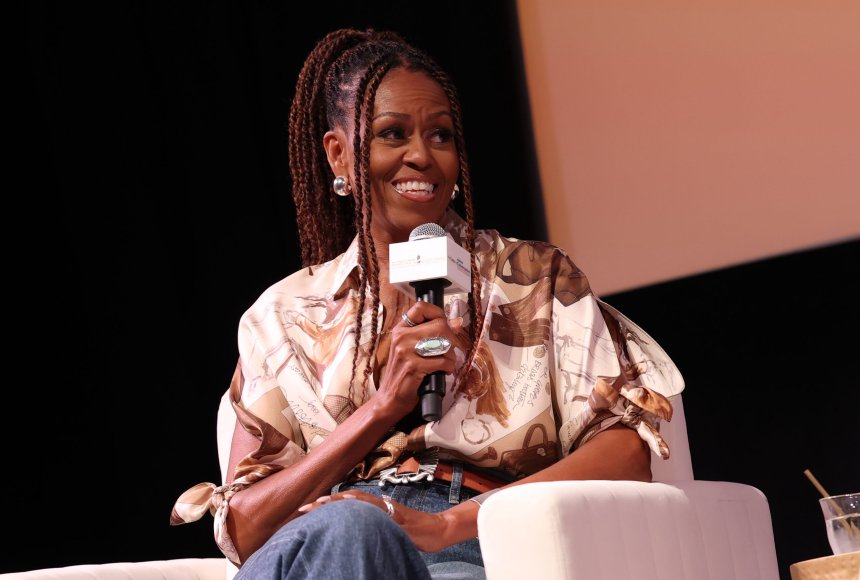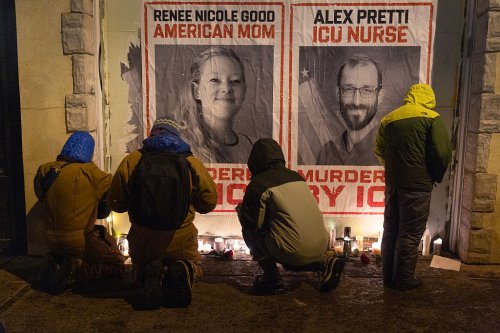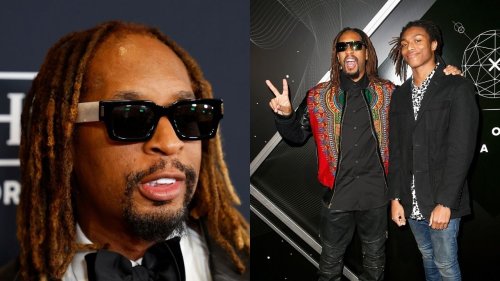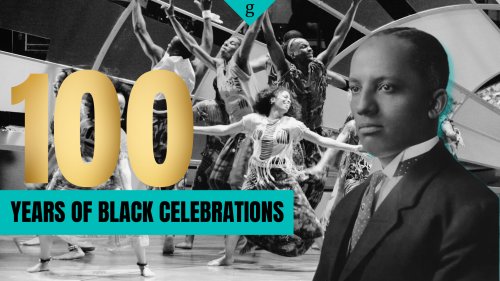Congressional Black Caucus left unimpressed after ‘candid’ meeting with Target CEO amid sustained boycott
“It is no longer acceptable to deliver promises to our communities in private without also demonstrating those values publicly,” said

“It is no longer acceptable to deliver promises to our communities in private without also demonstrating those values publicly,” said CBC Chairwoman, U.S. Rep. Yvette D. Clarke.
Members of the Congressional Black Caucus recently met with the CEO of Target and other executive leadership amid the ongoing nationwide “Target Fast” in protest of the retail giant’s reversal of its commitment to diversity, equity, and inclusion policies.
CBC Chairwoman, U.S. Rep. Yvette D. Clarke, D-N.Y., joined by the caucus’ DEI Taskforce, met with Target Corp. Chairman and CEO Brian Cornell last week in what the CBC described as a “candid and direct conversation” about its DEI rollback, particularly Target’s commitments to support Black-owned businesses.
CBC leadership, which included Reps. Steven Horsford, D-Nev., Troy A. Carter, Jr., D-La., and Bobby Scott, D-Va., pressed Target’s leadership for “clear answers on the consequences” of the company’s decision to scale back its diversity initiatives, the caucus said in a press release.
“In addition to highlighting the significant financial toll Target has already taken due to its failure to uphold its commitments to diversity, the Caucus warned that efforts to restore consumer and public trust without genuine action and accountability would risk inflicting lasting damage to the company’s brand and credibility,” said the Congressional Black Caucus.
Last month during an earnings call with investors, Cornell shared that the nationwide boycott of Target, led by Atlanta’s New Birth Baptist Pastor Jamal Bryant and civil rights leaders, had resulted in a decline in sales and consumer confidence. Target, among other Fortune 500 companies, rolled back their DEI policies following the election of President Donald Trump, who signed an executive order eliminating DEI across the federal government and threatening federal action to pressure private institutions to do the same. 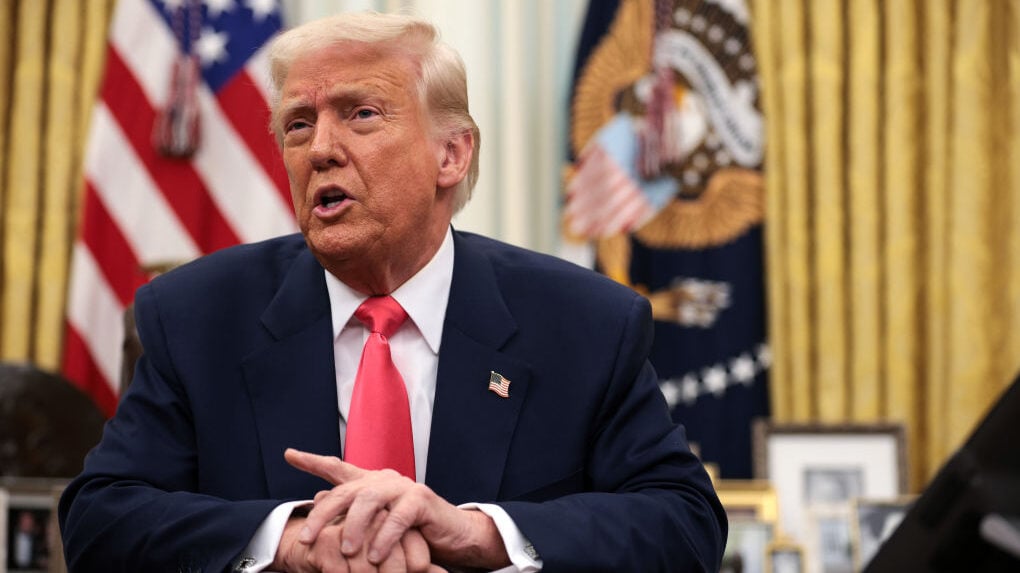
In reaction to the meeting, Chairwoman Clarke said she and members of the CBC were left unimpressed by Target’s answers.
“Like many of the coalition leaders and partner organizations that have chosen to boycott their stores across the country, we found that the explanations offered by the leadership of the Target Corporation fell woefully short of what our communities deserve and of the values of inclusion that Target once touted,” Clarke said in a statement. “Black consumers contribute overwhelmingly to our economy and to the Target Corporation’s bottom line. Our communities deserve to shop at businesses that publicly share our values without sacrificing our dignity.”
Clarke added, “It is no longer acceptable to deliver promises to our communities in private without also demonstrating those values publicly.”
The CBC says it called for Target to take four steps to ensure its commitments to Black communities, which include both business owners and consumers. Those steps include: Publicly recommitting the company’s values of DEI; reinstating inclusion initiatives that were eliminated or rolled back; update the CBC on the status of financial investments and other policies that were pledged publicly; and disclosing Target’s workforce diversity, as well as business supplier diversity and community investment.
In September 2024, the Congressional Black Caucus released a first-of-its-kind corporate accountability report that sought to hold Fortune 500 companies accountable for their DEI commitments following the Black Lives Matter social uprisings of 2020 at the height of the COVID-19 pandemic, which disproportionately infected and killed Black Americans.
A conservative movement against DEI emerged following the U.S. Supreme Court’s 2023 ruling that mostly barred race-based affirmative action in college student admissions. Despite the Biden administration attempting to clarify to the business community that the ruling was limited to college admissions, several corporations eventually turned away from those commitments, including Walmart, McDonald’s, and Meta.
“It is no longer acceptable to deliver promises without action,” read the report titled “What Good Looks Like: A Corporate Accountability Report on Diversity, Equity, and Inclusion.”
“The murder of George Floyd, like many other police-related killings preceding and following, shook our community and lit a fire of activism in parts of the nation that may have otherwise never stepped forward,” the CBC report explained. “Most of these corporations took advantage of that season of activism and publicly vowed to fight alongside us. It is now time to hold these corporations accountable.”
Share
What's Your Reaction?
 Like
0
Like
0
 Dislike
0
Dislike
0
 Love
0
Love
0
 Funny
0
Funny
0
 Angry
0
Angry
0
 Sad
0
Sad
0
 Wow
0
Wow
0
